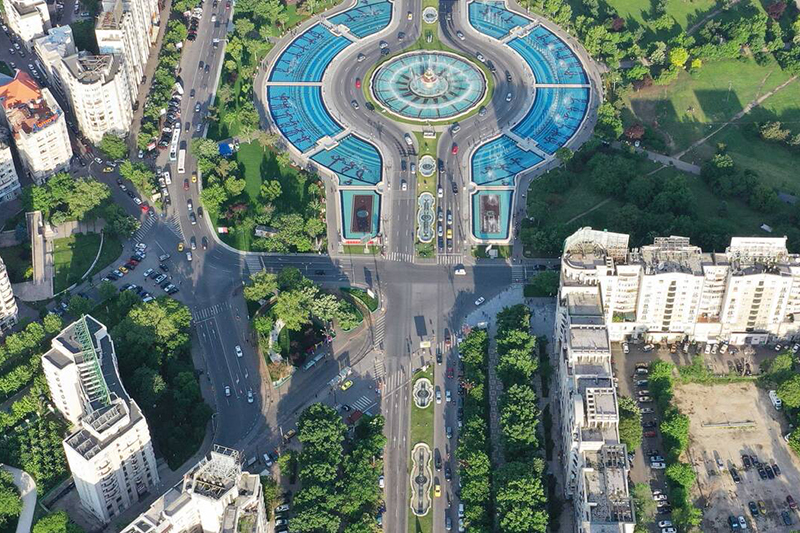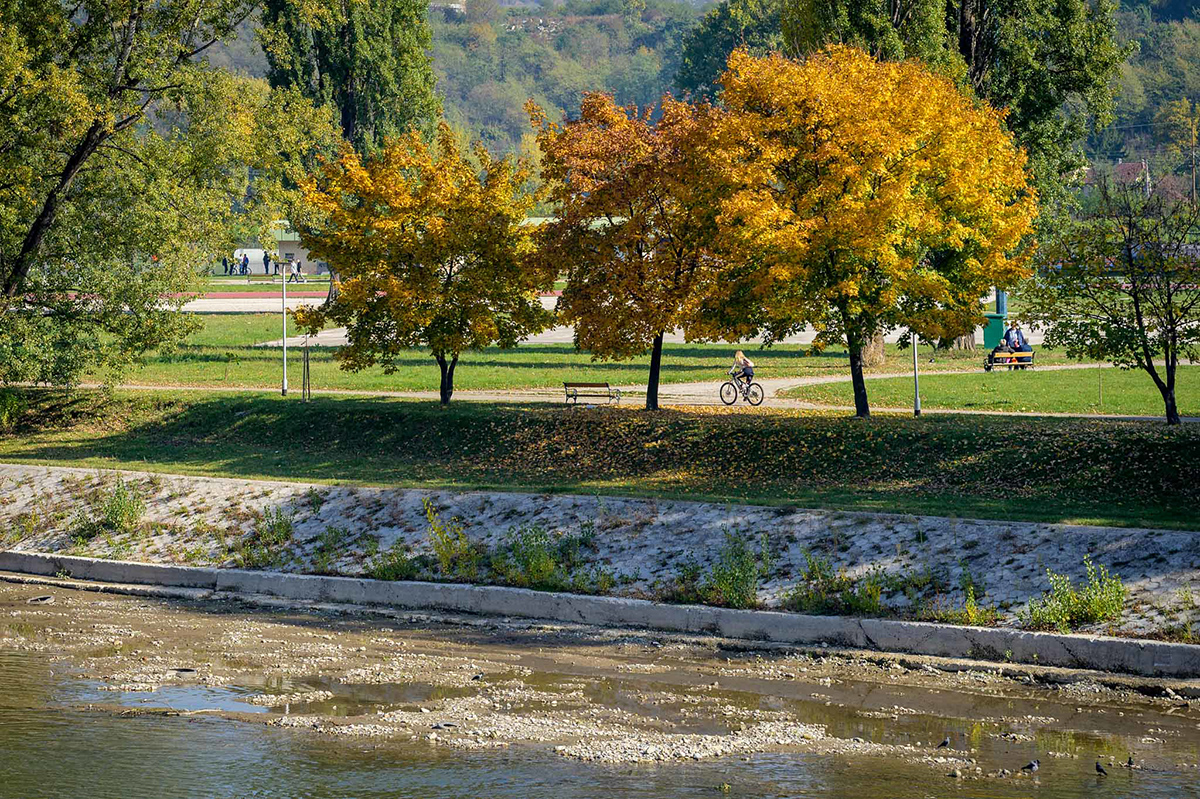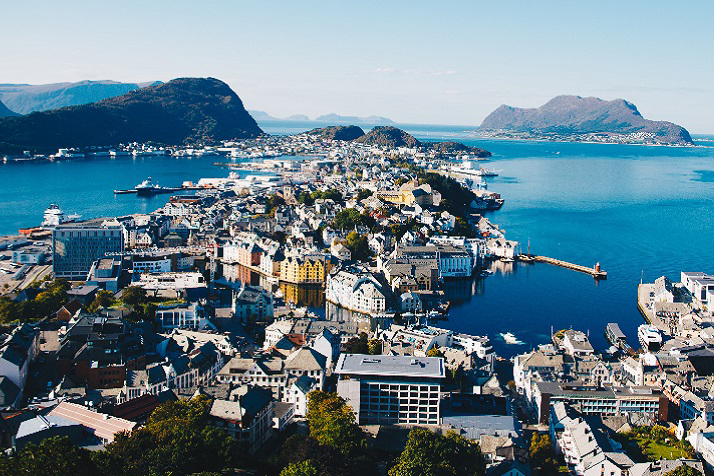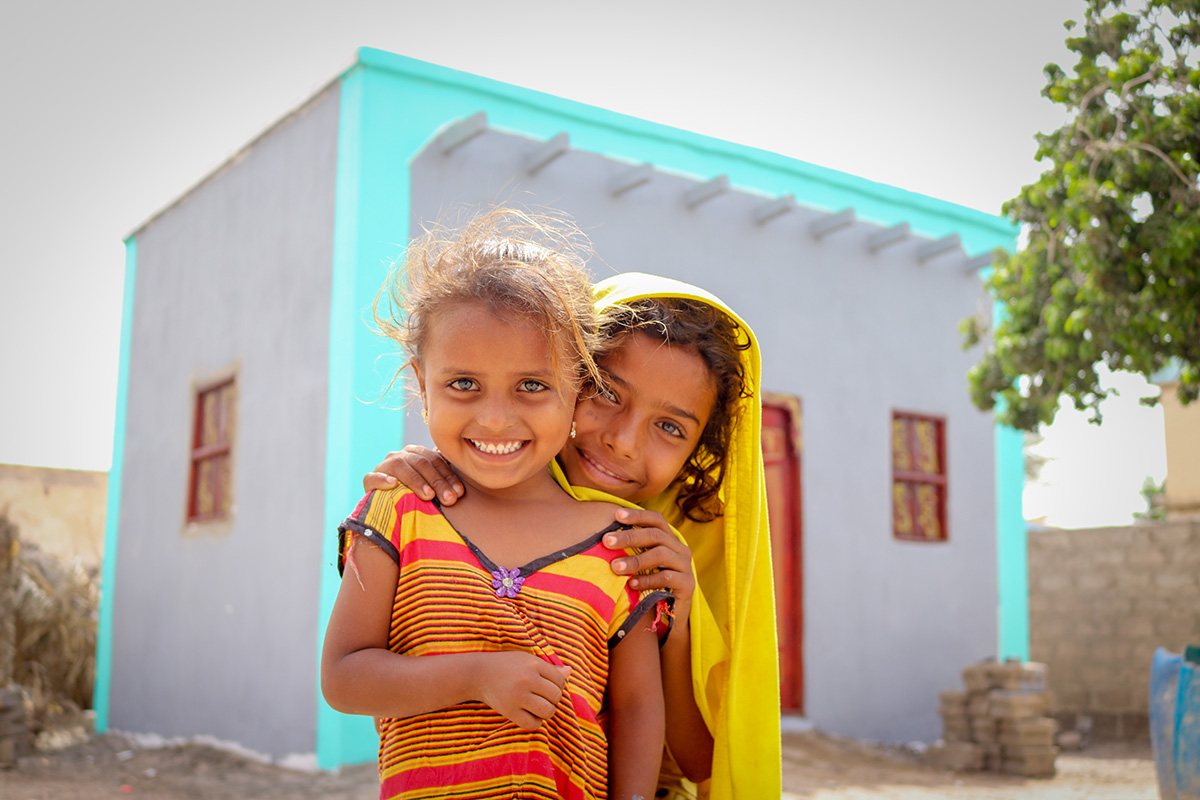In Yemen’s West Coast, families like Ali and Ibrahim’s face ongoing threats from conflict and flooding, relying on International Organization for Migration’s support for immediate relief and long-term resilience.
Human Settlements
2023 has been a particularly challenging year for urban economies. We need cities that can absorb, recover, and prepare for future economic shocks. It is crucial that this is also packaged under the green recovery framework that scales up private and public investments to finance the transition to a climate-neutral economy in a post-COVID world. On 2 October 2023, the Global Observance of World Habitat Day under the theme "Resilient urban economies. Cities as drivers of growth and recovery," looks at how cities can position their economies to benefit residents.
Minecraft is not only the best-selling video game of all time, it is ALSO a surprisingly effective way to visualize a three-dimensional environment and design urban spaces. Block by Block is an organization that allows Minecraft players to turn neglected urban spaces into vibrant places that improve quality of life for local residents. Thanks to Minecraft people of all ages, backgrounds and education levels can quickly change their environments by integrating the game into urban design plans Eugenio Gastelum grew up in Mexico City playing Minecraft through the night with his friends and now uses his gaming skills to help the United Nations serve communities across the planet. “It’s the best job in the world,” he says, describing his journey from gamer to game-changer. From Kathmandu to Kosovo, Minecraft and Block by Block give neighborhood residents the training, tools and platforms to participate and contribute their ideas in a collaborative process that helps develop inclusive, sustainable cities. Thanks to Block by Block partnering with UN-Habitat to use Minecraft, people of all ages, backgrounds, and education levels can quickly change their environments by integrating the game into urban design plans.
World Cities Report 2022: Envisaging the Future of Cities seeks to provide insights into the future of cities based on existing trends, challenges and opportunities, as well as disruptive conditions, including the lessons from the COVID-19 pandemic.
The UN Environment Programme, the Global Environment Facility and partners have launched UrbanShift – a new global initiative to improve lives and transform cities into green and liveable spaces that address climate change, biodiversity loss and pollution.
UN-Habitat has launched a new campaign to inspire action in urban areas to prevent climate change and adjust to its ongoing or anticipated impact.
UN-Habitat helped launch Her City Toolbox, – an open-source digital platform that guides urban actors and decision makers in strengthening girls' participation in urban planning and design processes.
UN-Habitat and Kenyan international footballer, Victor Wanyama, work together to support community development particularly for women and youth in the country’s informal settlements.
The Climate Smart Cities Challenge is making an open call to city governments to join a competition that aims to stimulate and scale innovative ways to reduce greenhouse gas emissions in cities, while creating other social benefits.
What makes a home? In search of an answer, the critically acclaimed documentary, The Human Shelter‚ brings its viewers on an inspirational expedition around the globe, to people who live in extreme social, economic and environmental conditions and present their testimonies.
Faced with a long-standing housing crisis, the metropolitan area of Argentina’s capital, Buenos Aires, struggles to provide adequate shelter and protection for those most vulnerable. Stark inequalities are all too common throughout the congested area of 15 million people. Around 10 years ago, Angélica Pérez was evicted from her home. She and her family settled in the neighbourhood of Los Hornos. For nine years, the family lived in a one-room house, which was prone to flooding. Together with Madre Tierra and the government of Argentina, UNOPS helped 20 families improve their homes, providing better living conditions for more than 100 people.
The World Urban Forum was established in 2001 by the United Nations to address one of the most pressing issues facing the world today: rapid urbanization and its impact on communities, cities, economies, climate change and policies. Convened by UN-Habitat, the Forum is a high level, open and inclusive platform for addressing the challenges of sustainable urbanization. The Tenth Session of the World Urban Forum (WUF 10) will be held from 8-13 February 2020 in Abu Dhabi, United Arab Emirates.













